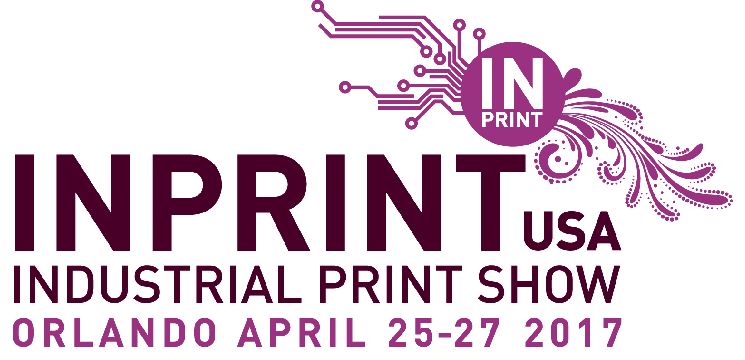
Posted April 20, 2017
RALEIGH, N.C. – Starting your professional career in dyeing and finishing and ending up in IT systems consulting and development isn’t a typical path, but it’s been a “good one,” according to Pyramid Software founder Kevin Fenters.
As most N.C. State textile graduates in the 1980s, Fenters worked for several textile companies early in his career, enduring acquisitions, mergers and downsizing.
“Unlike many members of my family before me, I knew I couldn’t spend my career at the same mill until I retired,” Fenters said. “I watched as small towns in the area suffered economically. That hit home. So I decided to return to school, explore my passion for software development and my passion to do what I could to help small- to mid-sized companies keep jobs here.”
So Fenters went back to N.C. State and earned a master’s of integrated manufacturing systems engineering degree (IMSE).
“The curriculum was very diverse,” he said. “I took courses in engineering, economics, business and computer science. With a total focus on manufacturing, I felt the program was designed just for my passions. Every course connected in some way to work experiences I already had.”
The IMSE Institute was founded to research and develop better manufacturing technologies, with a major focus on the use of computers.
“I decided to concentrate in artificial intelligence and information-handling systems,” Fenters said. “Those courses really opened my eyes to new ways to solve challenges that manufacturing face. After being in more than 1,000 plants in more than 20 industries in the past 20 years, few industries have the complexity of Bill of Materials, Routings, Operations and Business Rules that Textiles has – information that employees need to know to execute operations efficiently.
“I’ve also noted across all these industries that the software available off-the-shelf today either serves a high level need like – Order Entry, Bill of Materials, Procurement, Inventory; or a very low-level need like Process and Machine Control,” he added. “A significant gap exists between the two; and most companies have very knowledgeable employees using spreadsheets to link the two; and that gap is exactly where the return on investment opportunity exists. So much improvement can be accomplished when your IT systems reach all the way down to the production floor.”
Pyramid Software has helped a number of companies improve their competitiveness while reducing or maintaining their cost of operation:
-
A North Carolina-based manufacturer of a popular hot sauce was able to increase sales and profitability by improving consistency of its product, creating a variety of it products, and employing less costly labor.
-
A North Carolina-based manufacturer of industrial and automotive fabrics was able to increase its revenue by 1,600 percent over 10 years by keeping its labor cost steady over the past 10 years and increasing its market share through ability to respond to changing customer demand.
-
An Arkansas-based packager of construction materials was able to sale 8 percent more product by reducing set point of filling operations through reduction of variation.
-
A South Carolina-based manufacturer of graphite electrodes was able to add a profit center for granular graphite without adding any additional labor cost to manufacture versus collect and haul material that was once considered scrap. Scrap material is now 30 percent to 40 percent of annual revenue.
-
A California-based manufacturer of custom-colored stucco has been able to reduce scrap by 79 percent by accurately controlling batch fill weights for primary pigments in the custom colorants.
-
A South Carolina-based manufacturer of painted, injection-molded auto-body parts has been able to reduce shipments of off-quality parts to its largest automotive customer by 46 percent.
“The key is to design software systems that accurately reflect a customer’s operations,” Fenters said. “Then focus on ways to prevent human error, where possible; or reduce the time it takes to see problems, identify causes and make corrective actions. Intelligent software is able to make 80 percent of the decisions people make without human intervention – allowing those people to spend more time on the remaining 20 percent.”
N.C. firm helps textile manufacturers maximize benefits from IT systems






